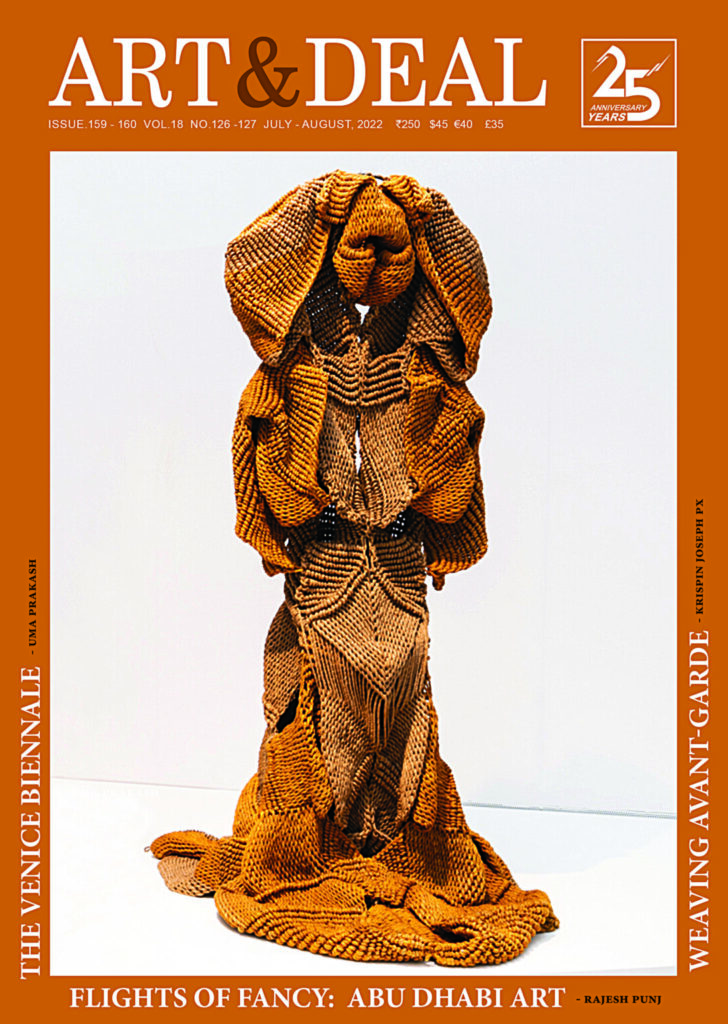Reading the aphorisms on love by
Akka Mahadevi and Muddupalani
Aparna Roy Baliga

She in her vachanas talks about love and longing, love in
separation and union .
‘Once I beg the cupid
Once again beg the moon humbly
let go this viraha’
Her verses reflects Barthes‘…..the other comes here where I am
waiting, here where I have already created him/her. And if the other
does not come, I hallucinate the other :waiting is a delirium.”
Akka re-invents Chennamallikarjuna as her husband, talks
about her disembodied love through the discourse of embodiment.
Barthes says—‘To speak amorously is to expend without an end in
sight, without a crisis; it is to practice a relation without orgasm.’
The reading of Akka’s vachanas offers a structural or discursive
site where Akka is engaged in soliloquies, amorously confronting the
other (the loved object), who does not speak.(Barthes –rephrased).
The ‘sringara prabandhams’ by Muddupalani a courtesan
during the 19th century in Thanjavur presents another perspective
on the same concept of female sexuality as perceived by the women
herself and her own audibility. She talks about the women’s agency
to her own body/pleasure. Her poems or padas are full of sexual
imageries which refers to the discussions in Kamasutra. Her
works were controversial for the modern morality specifically My breasts the pressure of his chest
These arms, they await his embrace
My body longs to be by his side.’
Unlike Vatasayana she is not a catalyst but performer /takes
part in the act and implicitly expresses her own agency to her
sexuality. It is further to be seen that how the text gets its visibility
or rather who gives the text a visibility. A century after her, in
Bangalore, Nagarathnamma herself, a devadasi discovers this text
and takes initiative to publish it amidst strong opposition. Her own
reading of the text produces a difference in creation of meaning.
Nagarathnamma questions all the criticisms that excludes the
scholarship of Muddupalani. There were accusations of her being
immoral and not abiding by regular social norms. Nagrathnamma
contradicts, she offers another looking glass through which
Muddupalani’s works should be seen .She points to the fact that
Muddupalani being a Devadasi had sanctions of Kamasutra to
voice out sexual performances. The debate on chastity by the male
critics fails here.
